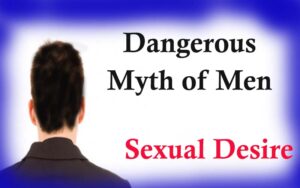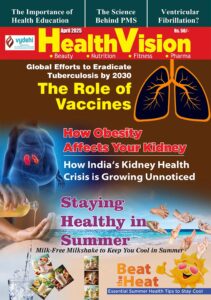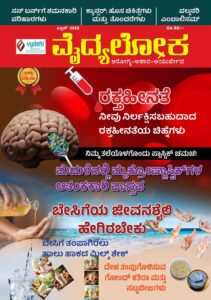Sexual desire and the dangerous myth of Men. Fewer than 32% of all men experience sexual desire every Day, and more than 10% never experience it!
Misters, India’s leading men’s sexual wellness website released new data around sexual desire in men. The data reveals that men’s sexual desire is far from the stereotype of all men being always keen to have sex. More than 10% of all men who took the Misters Sex Quiz, report zero frequency of sexual desire, and fewer than 32% of men report some sexual desire daily.
However, on a closer look, male desire is itself layered. “A significant percentage of men across four adult age groups report that they never feel sexual desire. While there is an increase in this percentage with age, we must first juxtapose the significant numbers reported with the socio-cultural expectation that wanting to have sex always is an intrinsic attribute of masculinity
It is easy to see the tremendous stress that this expectation places on men who never experience, and also easy to imagine the tragic coping mechanisms these men may have to develop—say, overcompensation, or a fear of intimacy—given the mismatch. This is but one of the reasons why the expectation needs to be interrogated.


If we look deeper into what men are saying to Misters, we find that even among those who do feel the desire the story still has layers. It is by no means ‘always’, and in a significant number of people it is actually much rarer than anything in popular culture will have us believe.
As we can see, male desire while expected to be experienced more than once a day—as represented by the red sliver of the pie charts above—that is hardly the norm. In fact people who report that level of frequency of desire are a minority across age bands. Again we see a pattern of diminishing frequency of sexual desire as men age.
So, why are these numbers changing with age?
The hormone, testosterone, is widely known as the definitive male hormone. What is not as widely known is that it is natural for testosterone to peak in early adulthood, and subsequently drop steadily in the body. Some reliable estimates suggest that this drop is as much as 1% per year from around 40 years of age. Certain medications, injuries, and illnesses can cause a more abrupt fall.
In the west, a number of men in their 40’s and more men in their 50’s consider testosterone replacement therapy (TRT) to fight signs of male ageing. This is oversold, of course, because to consider it as a panacea for all issues faced by men is deeply flawed, and TRT typically is accompanied by unpleasant side effects. Like any other treatment in allopathic medicine, it is important to take advice from a qualified doctor before going for TRT.
Suhas Misra
CEO of Misters











